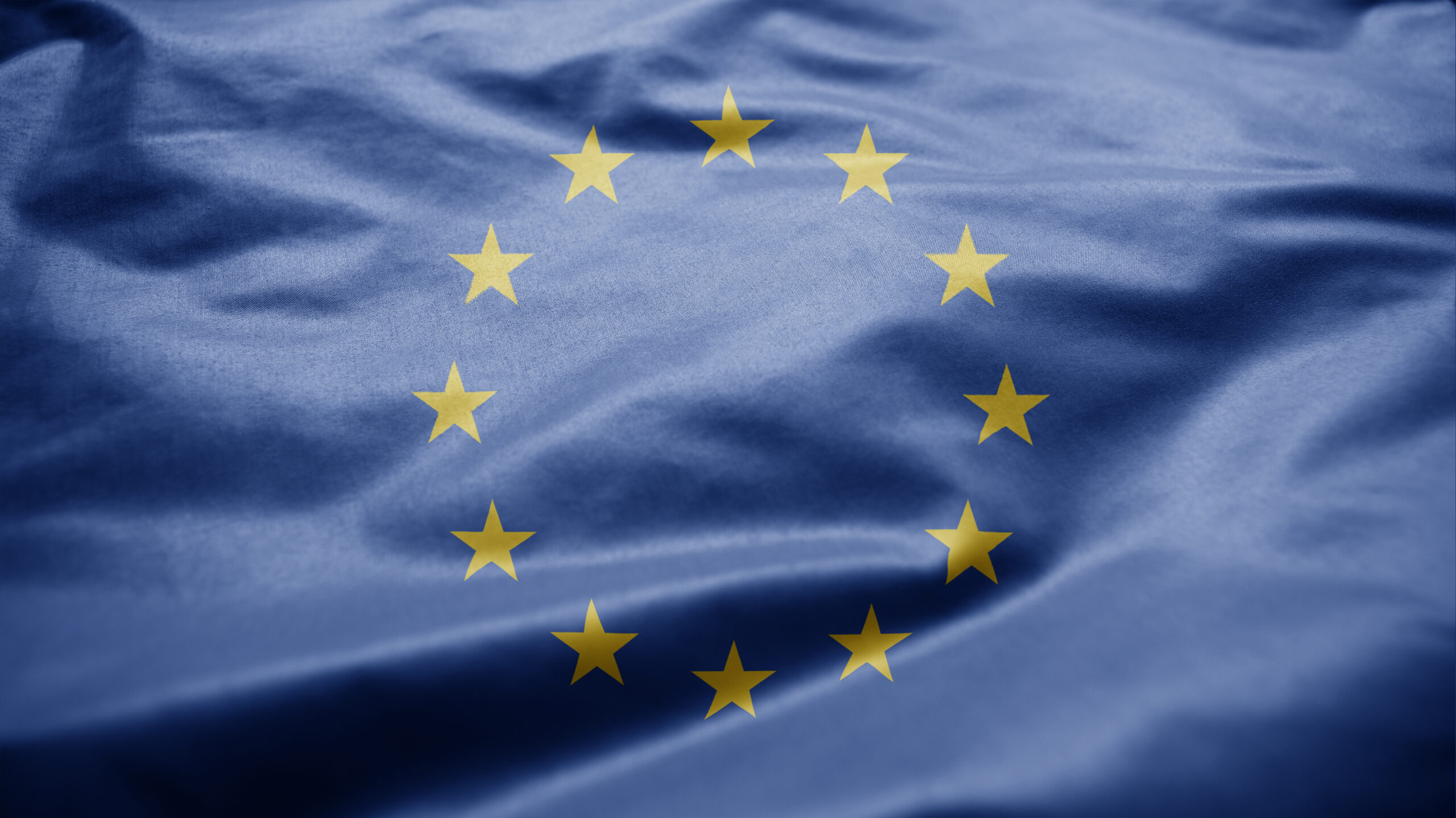
New Report on Limits of “Consent” in Australia’s Data Protection Law
Authors: Dominic Paulger and Elizabeth Santhosh Elizabeth Santhosh is a current law student at Singapore Management University and an FPF Global Privacy intern. Introduction Today, the Future of Privacy Forum (FPF) and Asian Business Law Institute (ABLI), as part of their ongoing joint research project: “From Consent-Centric Data Protection Frameworks to Responsible Data Practices and […]

California Age-Appropriate Design Code Aims to Address Growing Concern About Children’s Online Privacy and Safety
Authors: Chloe Altieri, Kewa Jiang Kewa Jiang, CIPP/US, is a 2021 graduate of USC Gould School of Law and a Student Contractor with FPF’s Youth and Education Privacy team. On May 26, 2022, AB-2273, the California Age-Appropriate Design Code Act (ADCA) unanimously passed the California Assembly and moved to the Senate for consideration. California Assembly […]

New Report on Limits of “Consent” in New Zealand’s Data Protection Law
Authors: Elizabeth Santhosh and Dominic Paulger Elizabeth Santhosh is a current law student at Singapore Management University and an FPF Global Privacy intern. Introduction Today, the Future of Privacy Forum (FPF) and Asian Business Law Institute (ABLI), as part of their ongoing joint research project: “From Consent-Centric Data Protection Frameworks to Responsible Data Practices and […]

FPF Testifies Before House Subcommittee on Energy and Commerce, Supporting Congress’s Efforts on the “American Data Privacy and Protection Act”
This week, FPF’s Senior Policy Counsel Bertram Lee testified before the U.S. House Energy and Commerce Subcommittee on Consumer Protection and Commerce hearing, “Protecting America’s Consumers: Bipartisan Legislation to Strengthen Data Privacy and Security” regarding the bipartisan, bicameral privacy discussion draft bill, “American Data Privacy and Protection Act” (ADPPA). FPF has a history of supporting […]

New Report on Limits of “Consent” in Hong Kong’s Data Protection Law
Today, the Future of Privacy Forum (FPF) and Asian Business Law Institute (ABLI) – as part of their ongoing joint research project: “From Consent-Centric Data Protection Frameworks to Responsible Data Practices and Privacy Accountability in Asia Pacific” – are publishing the third in a series of detailed jurisdiction reports on the status of “consent” and […]

Report Outlines Key Privacy Considerations for Video-Based Safety Systems in Vehicles
Despite fewer vehicle miles traveled as a result of the COVID-19 pandemic, an estimated 38,680 individuals died in motor vehicle accidents in 2020 — the largest projected number of fatalities in such accidents in over a decade. Washington, D.C.-based non-profit Future of Privacy Forum (FPF) released a report detailing the data usage and privacy implications […]

FPF at CPDP 2022: Panels and Side Events
As the annual Computers, Privacy and Data Protection (CPDP) conference took place in Brussels between May 23 and 25, several Future of Privacy Forum (FPF) staff took part in different panels and events organized by FPF or other organizations before and during the conference. In this blogpost, we provide an overview of such events, with […]

When is a Biometric No Longer a Biometric?
In October 2021, the White House Office of Science and Technology (OSTP) published a Request for Information (RFI) regarding uses, harms, and recommendations for biometric technologies. Over 130 entities responded to the RFI, including advocacy organizations, scientists, experts in healthcare, lawyers, and technology companies. While most commenters agreed on core concepts of biometric technologies used […]

Diverging fining policies of European DPAs: is there room for coherent enforcement of the GDPR?
The European Union’s (EU) General Data Protection Regulation (GDPR) puts forward a non-exhaustive list of criteria in Article 83 that Data Protection Authorities (DPAs) need to consider when deciding whether to impose administrative fines and in determining their amount in specific cases. Notoriously, the ceiling for administrative fines put forward by the GDPR is high […]

